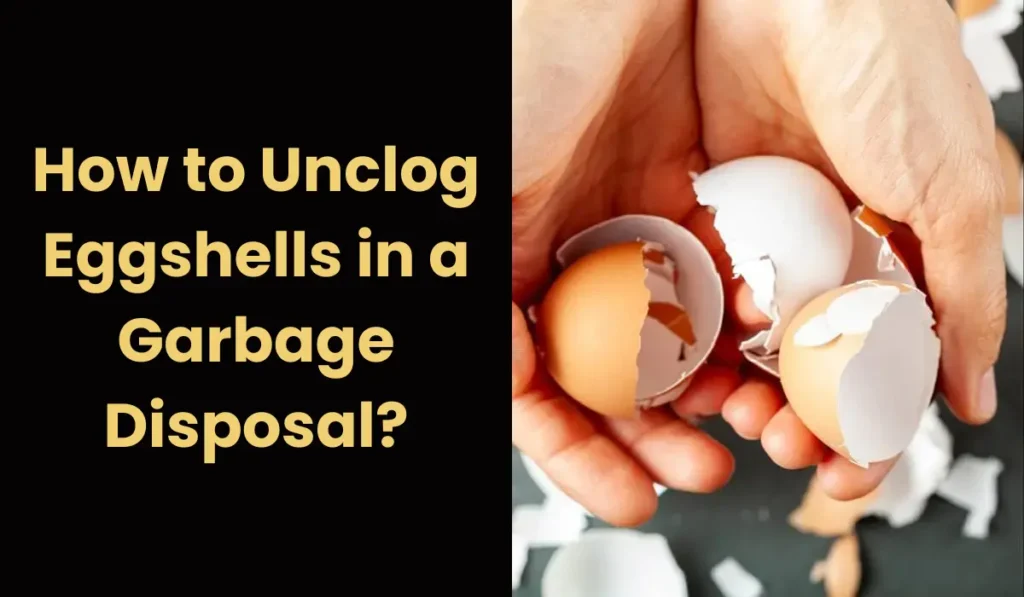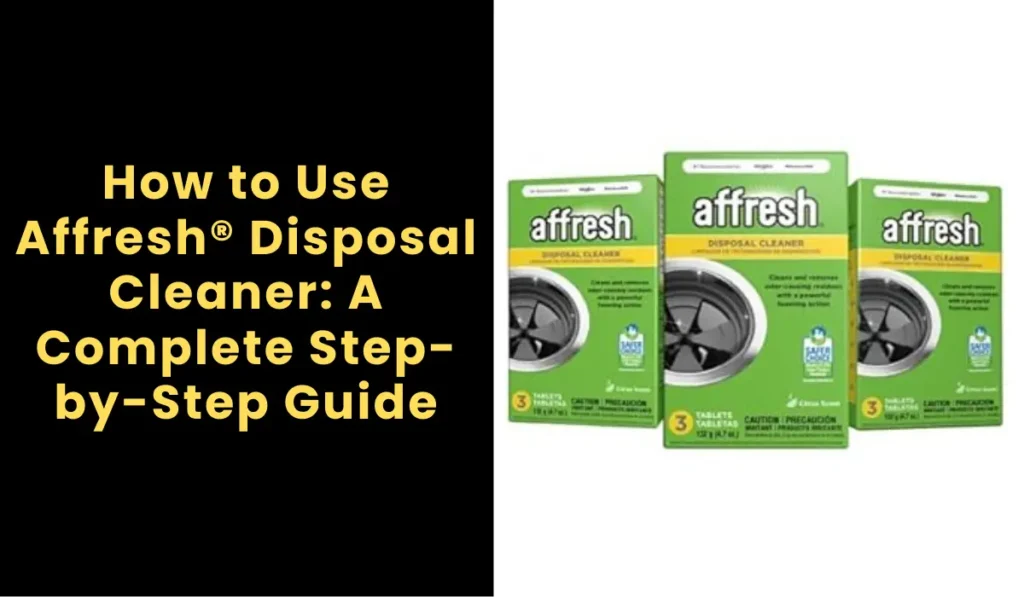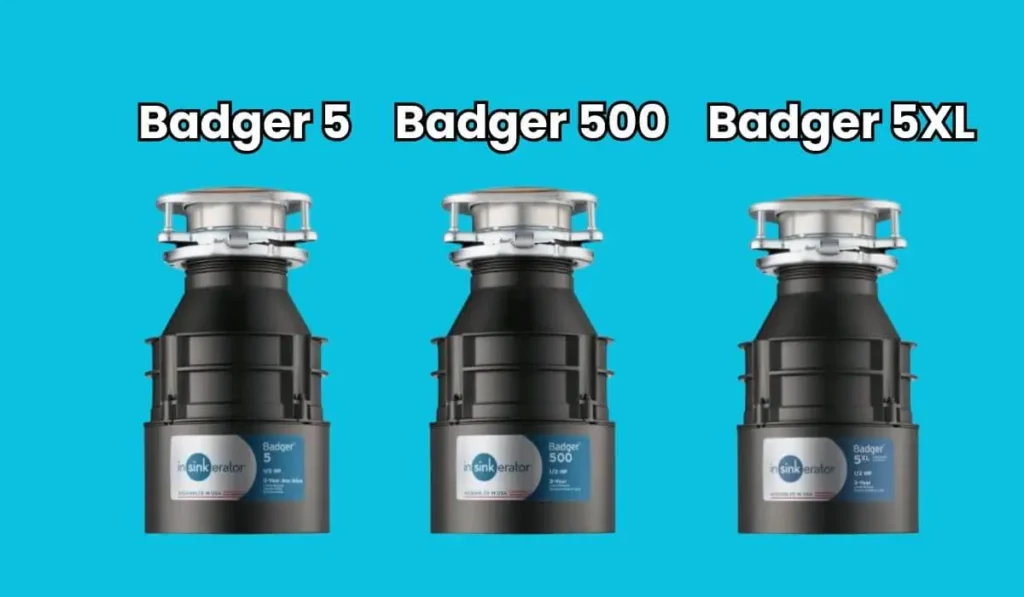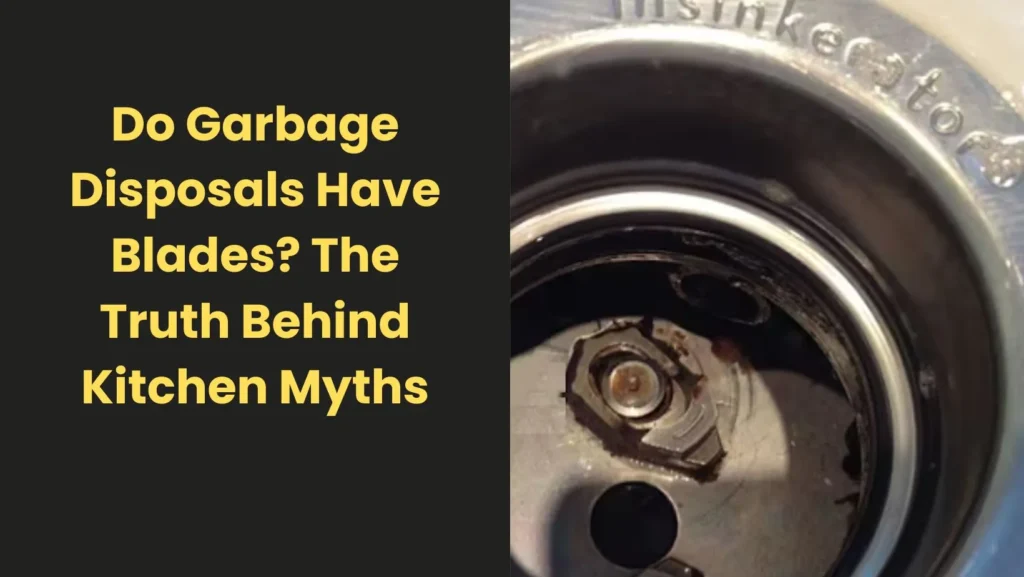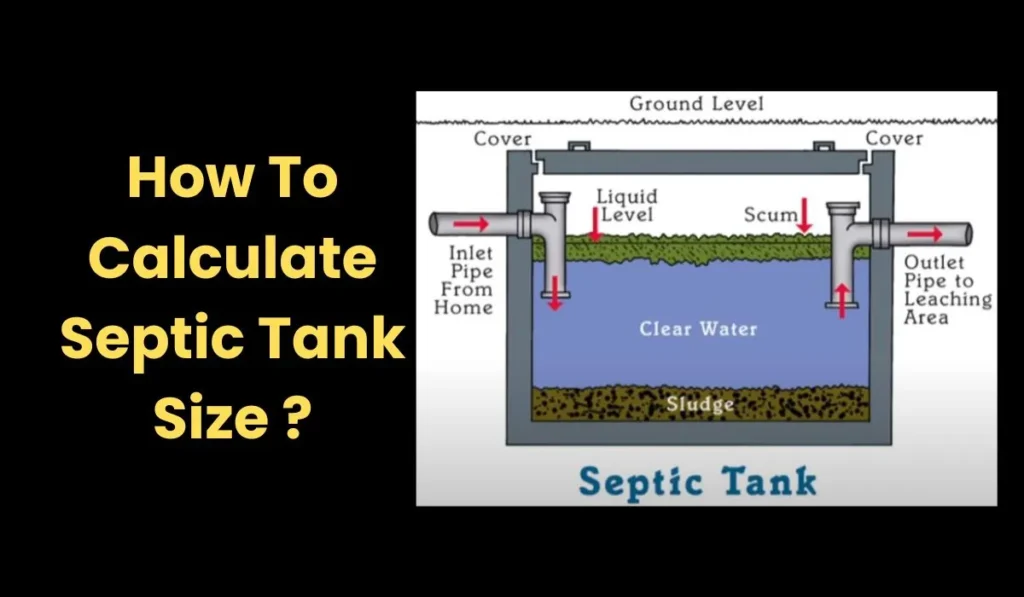Garbage Disposal vs. Composting: Comparison & Best Practices
Food waste is a big problem, with tons of organic waste ending up in landfills every year. As we try to reduce our environmental impact, it’s important to think about how we handle waste in our homes. Two common ways to manage kitchen waste are garbage disposal and composting, and the debate over which is better is growing.
Garbage disposals help quickly grind food scraps and send them down the drain. On the other hand, composting is an eco-friendly option that reduces landfill waste and enriches the soil. But which one is better for the environment and your home?
In this article, we’ll look at the pros and cons of both options so you can choose the one that works best for your lifestyle and goals. Whether you’re looking to reduce waste or live more sustainably, we’ve got you covered!
What Is Garbage Disposal?

A garbage disposal is a kitchen device that grinds food scraps into smaller pieces, making them easier to get rid of. It’s installed under your kitchen sink and works by using blades to break down the waste, which is then washed away through the plumbing.
To learn more about how garbage disposals work and their role in managing food waste, check out this detailed guide on garbage disposal.
What Is Composting?

Composting is a natural process where organic waste like food scraps, yard waste, and other biodegradable materials are turned into nutrient-rich soil called compost. Microorganisms such as bacteria, fungi, and worms break down the materials over time, and the result is a dark, crumbly substance that helps improve the soil in your garden.
How Composting Works
To compost food waste, you gather materials like fruit and vegetable scraps, coffee grounds, and leaves in a compost bin or pile. Over time, tiny microorganisms break down the waste into compost. For this to work well, you need to ensure the compost has enough air, moisture, and a good mix of green (nitrogen-rich) and brown (carbon-rich) materials.
Comparing Garbage Disposal vs. Composting
| Aspect | Garbage Disposal | Composting |
|---|---|---|
| Efficiency | Quick, easy cleanup, ideal for small quantities of food waste. | Ideal for organic waste but requires time and effort to manage. |
| Environmental Impact | Reduces landfill waste but puts strain on water treatment systems. | Reduces landfill waste and enriches soil, but methane can be released if not managed properly. |
| Cost | Installation cost varies; maintenance and electricity costs over time. | Low upfront costs, but requires some investment for bins or systems. Long-term savings in gardening and waste management. |
| Space & Convenience | Great for small kitchens; minimal upkeep. | Requires space for bins or piles, less convenient for apartment dwellers. |
When to Use Garbage Disposal and When to Compost
Best for Different Scenarios
- Garbage Disposal: Garbage disposals are perfect for handling non-compostable waste like meat, bones, dairy, and small quantities of food scraps that can’t be composted. If you’re preparing a meal and have some leftover scraps, it’s easy to just grind them up and send them down the drain.
- Composting: Composting, on the other hand, works best for organic waste such as vegetable scraps, fruit peels, coffee grounds, and other plant-based materials. These materials break down naturally and turn into nutrient-rich compost that’s great for gardening.
Conclusion
In this article, we’ve explored the key differences between garbage disposal and composting. Garbage disposals are quick, convenient, and ideal for non-compostable waste like meat, bones, and dairy. Composting, on the other hand, is a more eco-friendly method that turns organic food scraps into nutrient-rich soil, though it requires more space and effort to maintain.
Ultimately, the best choice for you depends on your living situation, environmental goals, and the type of waste you handle most often. We encourage you to evaluate your home, lifestyle, and goals to choose the most sustainable waste management solution.
FAQ’s
The Author

Muhammad Nabeel Dar has worked in the waste management industry for over 10 years, specializing in residential waste systems and kitchen efficiency solutions. He writes about practical home improvements, cost-effective appliance choices, and sustainable waste management practices that help homeowners make informed decisions. His hands-on experience with both commercial and residential waste systems provides unique insights into what actually works well in real-world home environments versus what just sounds good in marketing materials.



